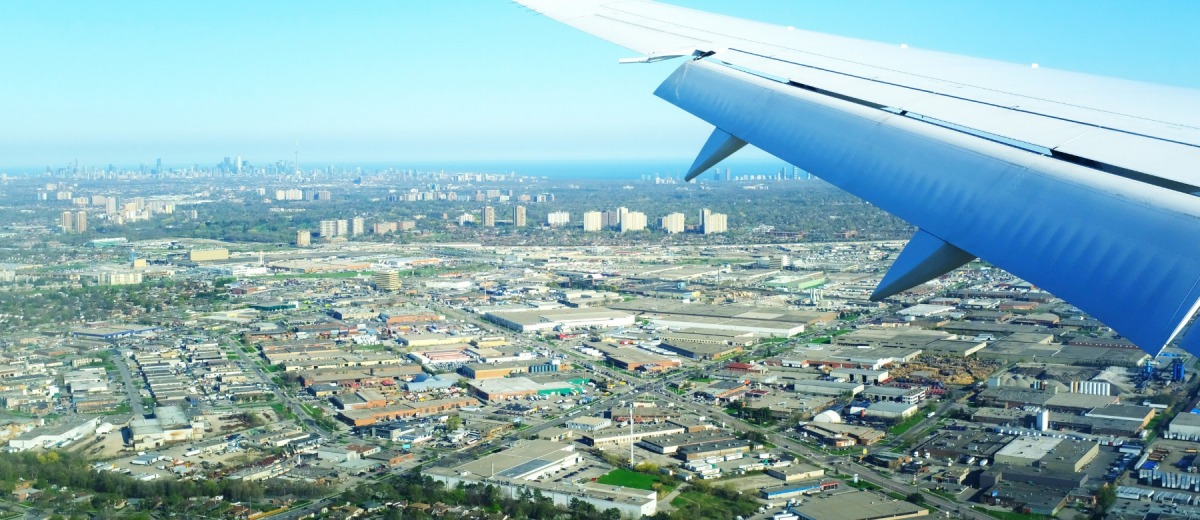George Brown College (GBC) is now welcoming back international students whose study abroad opportunities were previously impeded due to the COVID-19 pandemic. Although the Winter 2021 semester remains online, students are nevertheless happy to be here.
“It has been a huge relief to study in the time zone and times that I am meant to be studying, instead of having to attend lectures late at night,” says Nea Korpela, an international student from Finland who arrived in Canada in late November.
George Brown College (GBC) received approval from the Ontario government for their COVID-19 readiness plan on November 17. After being added to the approved designated learning institutions (DLI) list, registered international students are able to apply for permission to enter Canada.
In receiving approval, students may then relish in their study abroad opportunities. After being COVID-19 tested, filling out multiple surveys, and self-isolating for fourteen days, that is.
“The bigger picture is that these students do not come in and pose a risk of public health,” says Tenzing Kunga, manager of International Student Services and Support at GBC.
“What [international] students need to be mindful of, and something that we really want to stress out to students, is that they need to ensure they inform us when they are planning on travelling to Canada.”
GBC has sent out a communication to all accepted registered students, to fill out and review a set of mandatory steps upon entry to Canada. This requires downloading the ArriveCAN app, filling out their travel plans, and providing proof of health insurance. According to Kunga, students are also required to review GBC’s International Student Arrival and Quarantine Guidelines and submit this confirmation to GBC.
Once students arrive in Canada, they are required to engage in a check-in process with the college. According to Kunga, this requires at least three check-ins by GBC, either by email or phone, to ensure that students are following necessary self-quarantining measures upon arrival.
“The first check in, they would call the student, just to see if they’re doing well and if they’re following the quarantine guidelines, and if they need any support from the college,” says Kunga.
Because not all international students have local phone numbers, GBC stays in communication with some students through email.
“We’re really trying to drill into students that this is something that students will have to follow, in terms of checking in with us when we try to connect with them.”
According to Kunga, students entering the country are not required to reside at a hotel or AirBnB for their 14-day quarantines, but also have the option of staying at private residences.
Students must keep in mind, however, that when travelling to Canada, they will be asked about their quarantine accommodations by Canada Border Services Agency (CBSA), who will determine if they “meet the quarantine guidelines.”
Aside from all of these obligations, Korpela says the study-abroad experience during COVID-19 has been “limiting but wonderful.”
“I was hoping to arrange time for more face-to-face group work once having arrived in Canada, but unfortunately that has not been the case,” she says.
“Still, like I said, it’s always exciting to familiarize yourself with a new city and home. Now we just have to focus more on the small things that bring meaning and happiness to life.”


